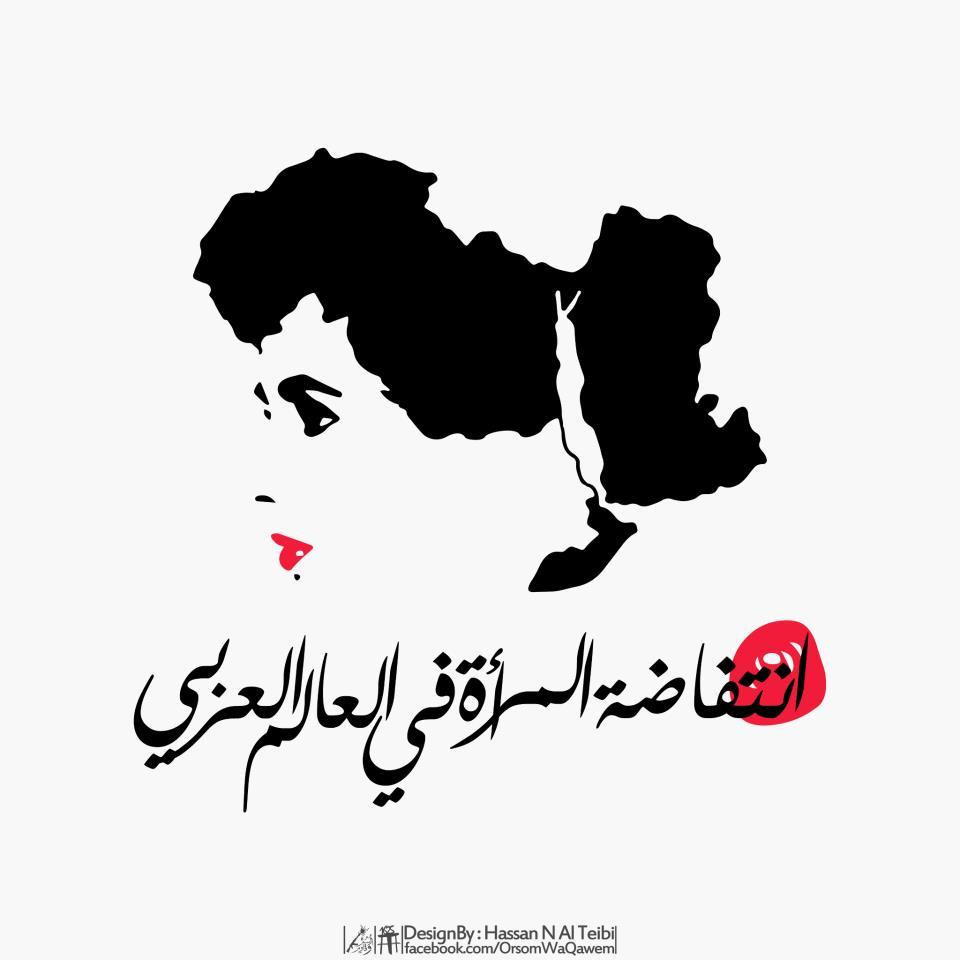
On 10 November, the page of The Uprising of Women in the Arab World posted that Dana, the Syrian woman whose photo was censored by Facebook, was restored after a call for support against Facebook censorship of the photo.
Dana’s photo was posted on the page on 21 October, and was removed 25 October by Facebook. The page, that has more than 63 thousands people following it, started in October 2011 gathered photos from people from all over the world holding signs of support for women’s rights. To view the press release by the admins of the page on how the photo was taken out based on reports against it, and how the personal accounts of some of the admins on Facebook were suspended and threatened press here for English.
The issue here is not about whether this page is helpful for women’s rights or feminisms or not, since many were very enthusiastic about participating in it by posting pictures, while others felt that it’s not going to change anything. You can agree or disagree about the page, but the issue here is censorship of activism on the mostly used social media platform nowadays, Facebook.
Social media platforms are not the reason behind activism, they are just a tool where people can express themselves and organize, as long as the internet is kept an open space for all. How are women using online tools for their activism in Egypt? I can name a few, amongst many others, such as HarassMap that is using Ushahidi for mapping sexual harassment, and Kolena Laila which is an initiative to blog for one day for women in the Arab region.
The online world is not so far away from the discrimination happening in the real world; as the flow of information happens faster, and it spreads wider, people can always hide behind their electronic identities and attack women organizing online, whether by reporting pages or posts, sending sexual insults, or even online stalking.
What happened with The Uprising of Women in the Arab World is that reports were made against a picture of an unveiled Syrian woman having her passport (with a veiled picture) and a sign saying “I’m with the uprising of women in the Arab world because for 20 years I wasn’t allowed to feel the wind in my hair and my body.” I want to believe that some people really got offended by this, which is completely normal, in an open internet there will be a lot of content that does not go with everyone’s thinking or values, but whether these “reports” are being checked or not is the problem.
Censorship does not affect mainstream opinions much, but the ones who are challenging societal norms and who present controversial values. All five admins of the page, coming from different parts of the Arab world, were actually collecting reasons why people believe there should be equality for women, which was in itself controversial for many people. The distance that the online platform was able to provide for women (and men) from real life confrontations is essential to their activism and safety, and thus worthy of protecting and defending.
Facebook should be transparent in who makes the decision to remove a post or suspend a user, how the decision is made, and how users can appeal that decision. If censorship has to happen for any reason (which I disagree with), at least the process should be transparent and fair to users. The internet should remain an open tool for people to exercise their right to freedom of expression, and a space where they can participate in some sort of ‘safer’, borderless activism.
—-end———
Image: profile picture of The Uprising of Women in the Arab World page in Facebook
- 7688 views






Add new comment